As we witness the global advancement of science and technology, we also witness the increase in human longevity. The recent Aged Care Royal Commission Final Report stated the number of Australians aged 85 years and over is expected to increase to more than 1.5 million by the year 2058. In other words, Australians are now living longer than ever before.
The increase to the older portion of our population raises the prevalence of issues that occur in connection with an extended life expectancy. Apart from the obvious concerns regarding potential health issues, the older members of our population are also faced with an increasing risk of being exposed to elder abuse
What is Elder Abuse?
Elder abuse often goes unnoticed as it comes in different forms, including any of physical, sexual, psychological, financial, social and/or domestic abuse and neglect. The Australian Network for the Prevention of Elder Abuse (ANPEA) defines elder abuse as any act occurring within a relationship where there is an implication of trust, which results in harm to an older person.
Elder abuse is likely to occur where there is a dependency relationship – in simple words, elder abuse is quite often committed by family members. Because of this, those experiencing elder abuse are usually hesitant to seek help.
Decision making capacity is also an important factor, and is unfortunately not clear cut. A person’s capacity to make decisions for themselves and to understand whether those around them are acting in their best interests can be very difficult, and is further complicated if they experience variable cycles of lucidity and confusion. Elderly people are unfortunately at risk of experiencing compromised capacity, which can leave them vulnerable to manipulation and hinders their ability to identify the need for, and to seek, assistance.
Financial Elder Abuse
Financial elder abuse is reported to be one of the most common forms of elder abuse. It is best described as a deliberate act of manipulating an elder person’s finances for the manipulator’s own benefit.
A common example of financial elder abuse include a family member or close associate encouraging and/or arranging for an elder to change their Will. The change sought could involve amending what the person’s beneficiaries are to receive, or it could involve seeking to change their executor(s). The executor(s) are the person(s) who determines how the elderly person’s property is dealt with, which depending on the terms of the Will could leave them with leeway to promote their own interests over the wishes of the other beneficiaries.
Another common scenario is a family member or close associate making all the arrangements on behalf of their elderly relative/friend appoint them as the elder person’s attorney under an enduring power of attorney, and/or misusing their existing appointment as an attorney. If, an enduring power of attorney misused by an attorney for their personal benefit, this could have catastrophic consequences for the principal (being elderly person to whom this document relates) – for example, if the attorney utilising funds in the principal’s bank accounts for their own spending, and moving the elder person to aged care regardless of their previously stated wishes.
Help
Resources are available to those who are experiencing, or are concerned a loved one is experiencing, any kind of elder abuse. These include:
- Police (tel. 000)
- Senior Rights Victoria (tel. 1300 368 821)
- MyAgedCare (tel. 1800 200 422)
- National Disability Abuse and Neglect Hotline (tel. 1800 880 052)
- Elder Abuse (tel. 1800 ElderHelp: 1800 353 374)
NextGen Legal takes concerns regarding the wellbeing of the elderly members of our community very seriously. If you have any queries regarding any of the matters discussed above, please do not hesitate to contact us on (03) 9039 2142.





